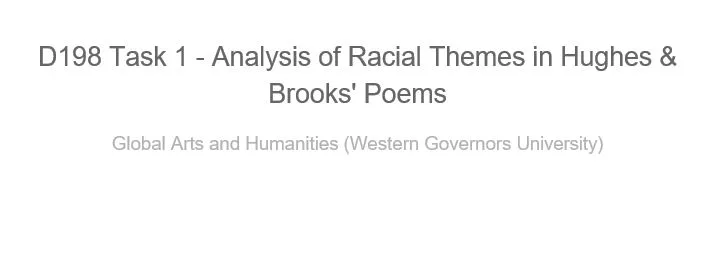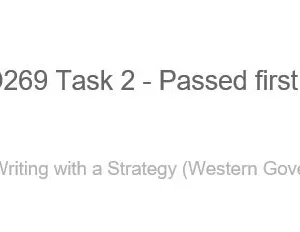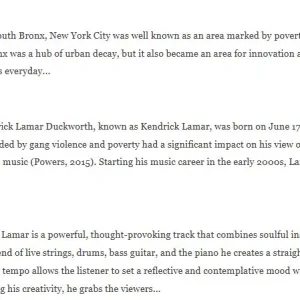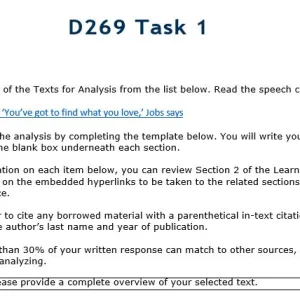D198 Global Arts and Humanities Task 1
Task 1 – Analysis of Racial Themes in Hughes & Brooks’ Poems
A1. First published in his first collection of poetry, *The Weary Blues*, in 1926, Langston Hughes’s poem “I, Too” is a powerful expression of the experience of a Black man marginalized in his own country. Through the speaker’s voice in the poem, Hughes identifies that this racial segregation even forces him to take his meals in the kitchen while others dine in the main, more respectable space when company arrives. Despite all these exclusions, the speaker’s tone remains resilient and hopeful. He proclaims his citizenship in America and says that one day, the word “No” shall not be heard anymore, and he shall be invited as an equal at the table.
The poem is a protest and a dream of equality in times to come when the racial barriers shall fall. Hughes uses this mundane scene of domestic life to reflect the greater segregation that ordered the lives of all African Americans at this time. The speaker still clings to a place where there is equality, a symbol of optimism for racial equality, a belief that all Americans will finally experience the freedoms and democratic values of the United States. “I, too, am America” is a powerful expression of pride and belonging that defies discriminatory tactics when repeated.
Buy full solution for $10.00







